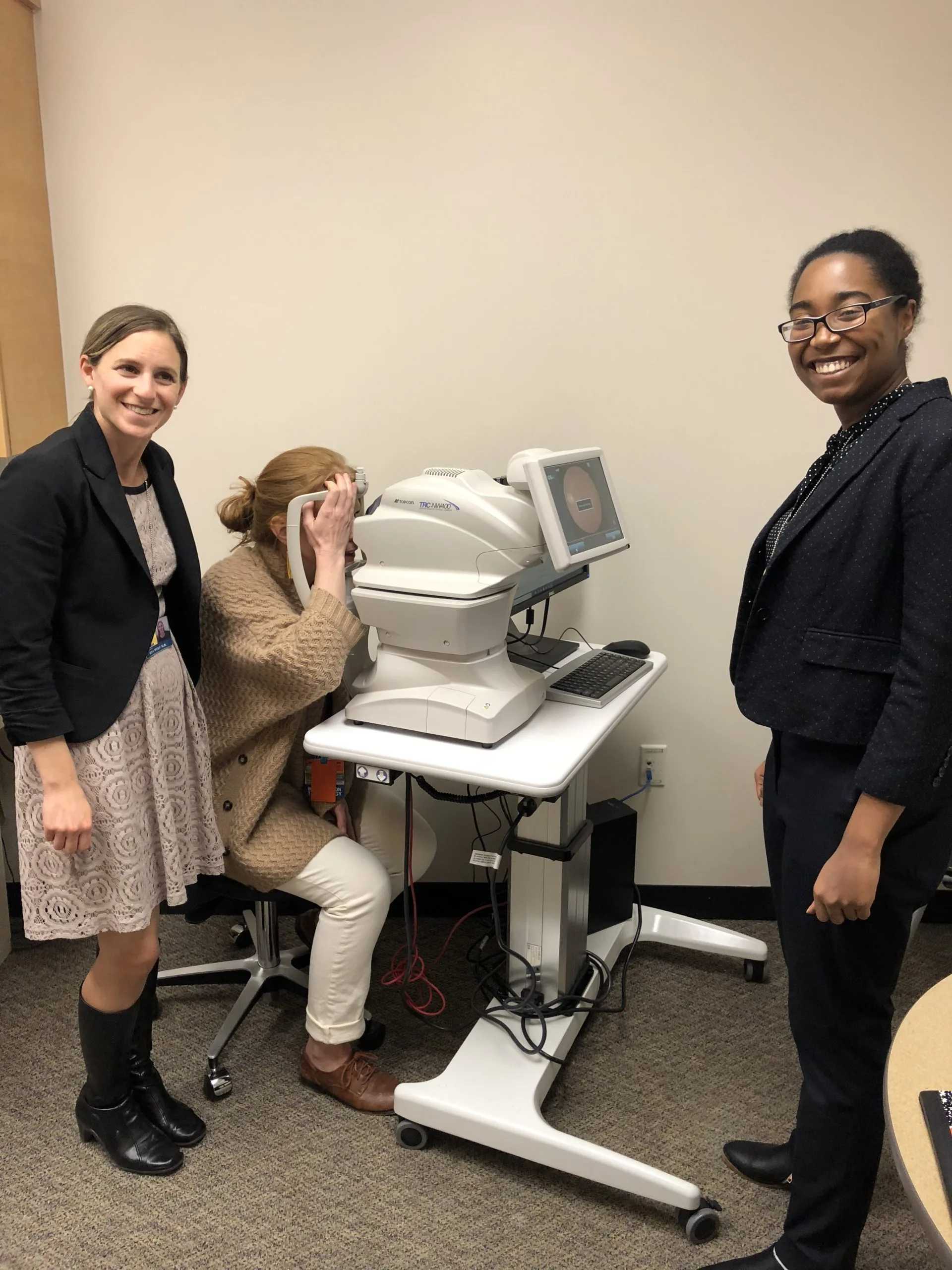The destruction of insulin-producing beta-cells is a known cause of type 1 diabetes. Still, researchers continue to investigate exactly what triggers this cell death and how to control or reverse it. In addition, they have been searching for an effective way to reintroduce or restimulate the production of pancreatic cells with long-term survival rates, a challenging undertaking.
One component of this task is understanding how and when beta cells replicate. A recent study found that Wisp1, a matricellular protein that is part of the CCN protein family, may play an important role. This protein is found in higher levels in pre-weaning mice than adult mice, and the same is true in humans, where Wisp1 is more abundant in young children than in adults. It is especially prevalent in bone tissue.
Scientists have found that beta cell replication is most active in the early postnatal weeks and declines with age. After introducing serum Wisp1 in adult mice as well as human islets, beta-cell proliferation increased. In addition, Akt levels also increased. Akt activation is known to play a role in insulin/IGF signaling, contributing to beta-cell growth regulation. There is a potential that Wisp1 and Akt may work synergistically in the body when it comes to proliferating beta cells.
It is important to note that the study did not find a direct correlation between the circulation of Wisp1 and pancreatic cells’ production. Researchers note that, “Our study identifies Wisp1 as a circulating protein that is abundant in young blood and induces proliferation of adult beta cells, thus revealing Wisp1 as an agent with potential therapeutic use to expand beta beta-cell in diabetes.”
Additional research is needed to determine how circulating factors may potentially be used as therapeutic agents when it comes to beta-cell proliferation and the treatment of diabetes. This study opens doors to new research opportunities.
The Diabetes Research Connection (DRC) is interested in seeing how Wisp1 may impact future studies regarding type 1 diabetes treatment. To support the advancement of diabetes-related research, the DRC provides funding to early-career scientists so that they may pursue innovative peer-reviewed projects. Learn more about current projects and how to support these efforts by visiting http://localhost/drc.
Please DONATE NOW so DRC can keep bringing you credible, peer-reviewed T1D news and research.
Thank you




